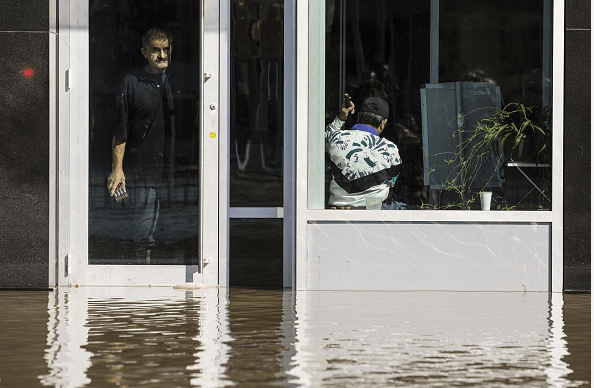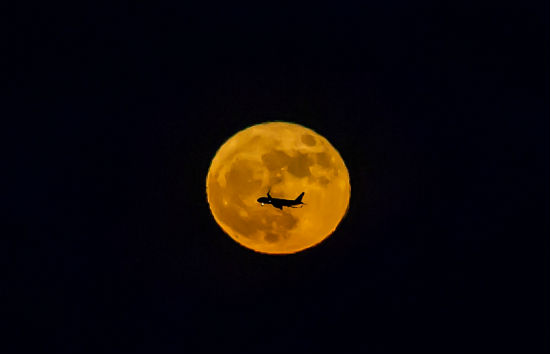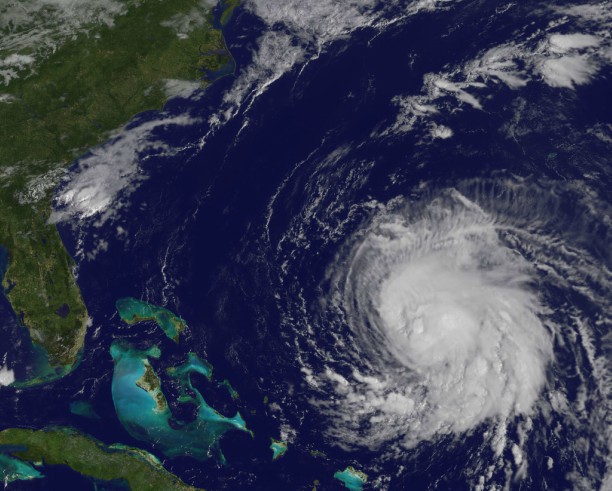More than three years after Hurricane Sandy,New York City’s Housing Authority is “woefully unprepared” in the face of another weather disaster and roughly400,000 tenants are at “extreme risk,” according to a city audit released Tuesday. Comptroller Scott Stringer’s officepainted a grim picture of NYCHA’s “botched response” and shows the agency has failed in learning from its mistakes.
Property managers did not have correct emergency information for 80 percent of tenants who used wheelchairs or life-sustaining equipment, such as oxygen, the audit said.
“In a crisis, it’s essential for NYCHA to have up-to-date information on where the most at risk tenants live so they can deliver emergency services and evacuate residents if needed,” Stringer said during a press conference at the Smith Houses on the Lower East Side, where he was joined by NYCHA residents. RELATED:Meet Harrison Torres, the first face of new NYCHA campaign The audit found “alarming deficiencies” in NYCHA’s plans to help tenants with disabilities, disaster trainings and drills, as well as in emergency staffing policies, reporting systems and generator inventory management. “We don’t want to be forgotten again,” NYCHA resident Nancy Ortiz told Metro. “When you’re telling us is that it’s going to take us five years to create an emergency plan, that is not acceptable.” Ortiz says her team has asked residents if they would voluntarily share information regarding medicines and disabilities on a form when they give out the emergency go-bags in the event of disasters. “So should there be another Sandy, we would know exactly who to identify in the ones we need to attack first, before anyone else,” Ortiz said. “NYCHA could have done something like that, but they didn’t.” “For NYCHA, it was a study in dysfunctional and for NYCHA residents it was a living, breathing nightmare,” Stringer said, recalling efforts done by NYCHA. 80,000 NYCHA tenants lost heat, hot water, electricity and elevator service, Stringer added, declaring that NYCHA’s response was “even worse” than the storm itself. “I am releasing an audit that asks if NYCHA is prepared for the next big storm and the answer sadly, tragically and unbelievably, is no.” The audit also revealed that NYCHA emergency leadership roles are not identified and staff rely on an ad hoc command. “It’s got to be more teamwork and NYCHA should take the lead,” NYCHA resident Michael Steele told Metro. Citing preexisting repairs from the beginning with the heating system, Steele highlighted that “already it’s starting.” “We had no hot water yesterday for a while,” he said. Last week, NYCHA released an end of the year report regarding preparedness updates, highlighting their response to Winter Storm Juno and September’s Legionella detection. Following Hurricane Sandy, NYCHA created the Office of Emergency Preparedness and an overhaul of significant reforms, including the agency’s first-ever master emergency plan, which is currently under development. “This audit, in a series of NYCHA audits, is yet another example of the comptroller cherry picking data and shifting timelines to paint an outdated picture of NYCHA,” NYCHA’s chief communications officer Jean Weinberg said in a statement to Metro. While calling the audit a “missed opportunity” in advancing the housing authority’s effort to be more “transparent,” Weinberg said she hoped the comptroller’s office would seek “an elevated and more productive discourse with NYCHA.”
NYCHA ‘woefully unprepared’ for next weather disaster

Getty Images


















